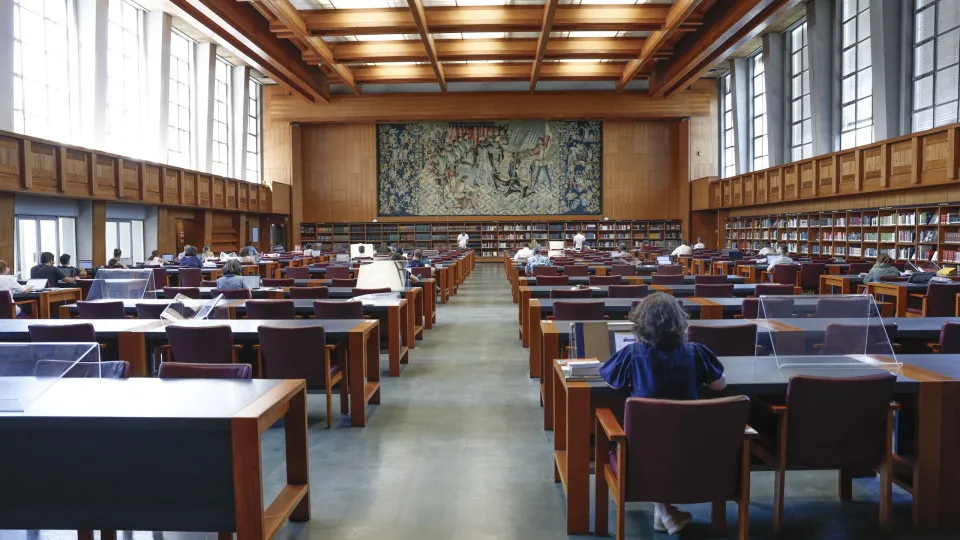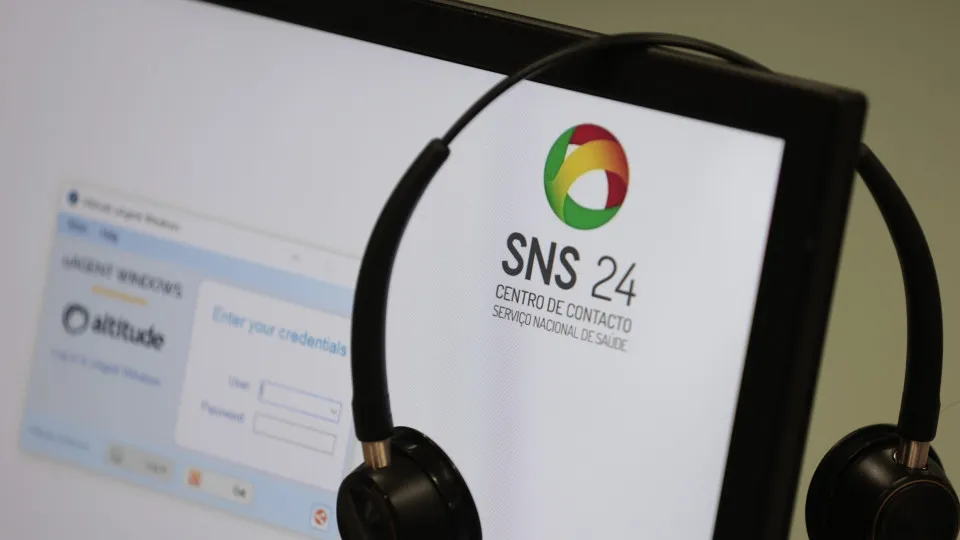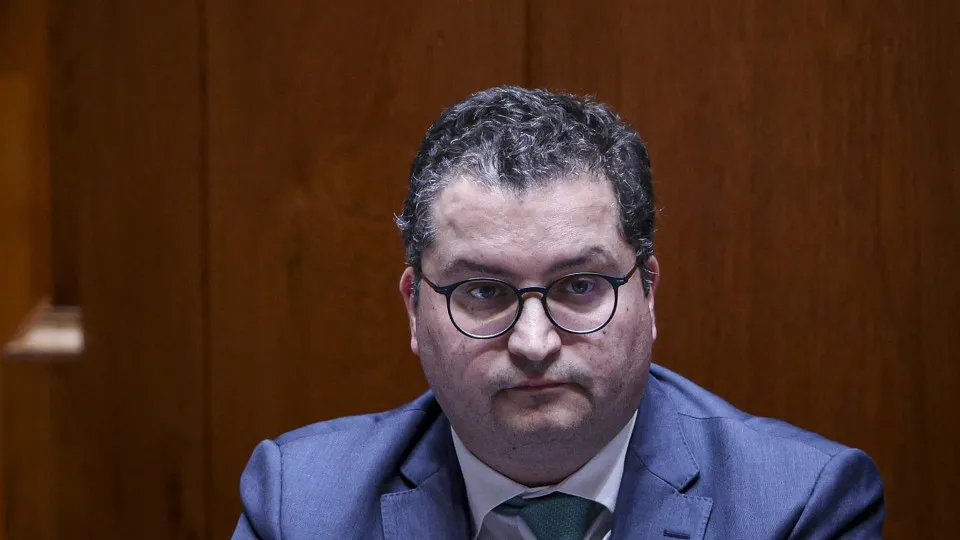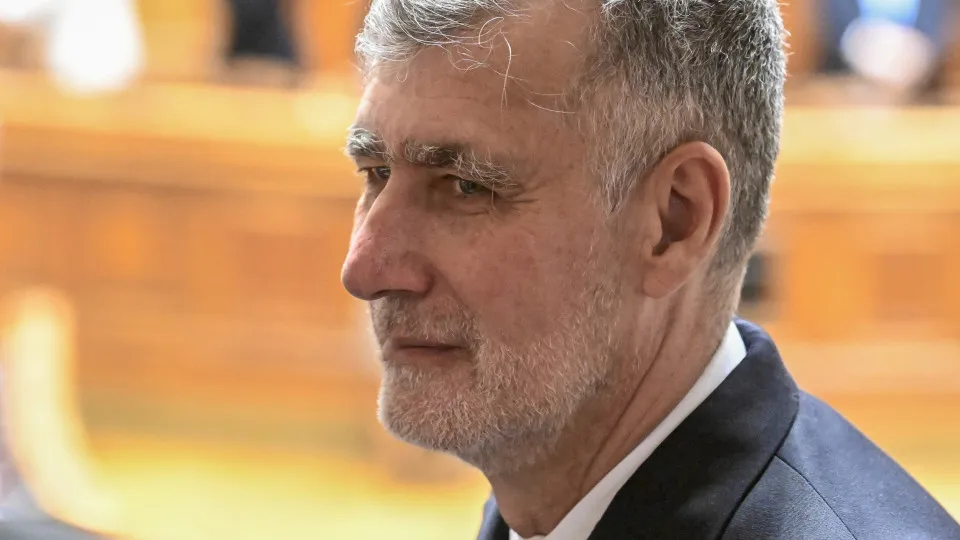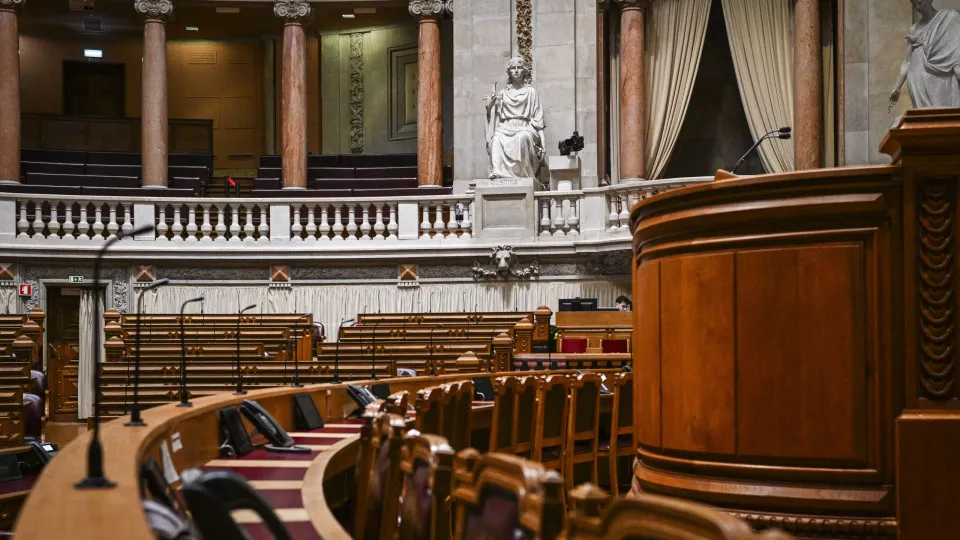
The proposal was put forward by the Government and received favorable votes from PSD, CDS-PP, Chega, IL, and JPP.
Livros and PCP voted against, while PS and PAN chose to abstain. BE was not present at the vote, as its sole representative, Mariana Mortágua, was engaged in the humanitarian flotilla mission to Gaza.
The matter concerns an amendment to the Tax Benefits Statute, specifically the article that, effective from 2023, introduced a tax incentive for salary appreciation.
Currently, to deduct wage increase costs from corporate tax, companies must reduce the “salary range” disparity among employees. This condition requires employers to lessen wage inequalities between the top 10% highest-paid employees and the 10% lowest-paid.
The Government’s proposed legislation removes this condition, maintaining other existing requirements, which include, among others, an annual wage increase above a set percentage, currently 4.7%.
On Thursday, during the parliamentary debate on the initiative, PS deputy Miguel Cabrita, a former Secretary of State for Labor, challenged the Finance Minister to explain how wage inequalities would be addressed in companies following these changes. In response, Joaquim Miranda Sarmento stated that “the salary award, applying the salary range rule, simply won’t function,” without revealing whether the executive plans any separate measures to tackle these inequalities.
During the discussion, Miranda Sarmento emphasized that it is “important for the salary award” to have a corporate tax benefit, but without that obligation. “An agreement with social partners aims to encourage salary appreciation without imposing obstacles that hinder its implementation,” he noted.
The Government committed to social partners in the Tripartite Agreement 2025-2028, signed on October 1, 2024, to revoke this criterion and included it in the 2025 State Budget bill. However, the initiative was rejected during the detailed discussion, leading the executive to resubmit the measure later, as this was a pledge made in Social Consultation.
This initiative was eventually presented by Luís Montenegro’s second administration on July 10.

